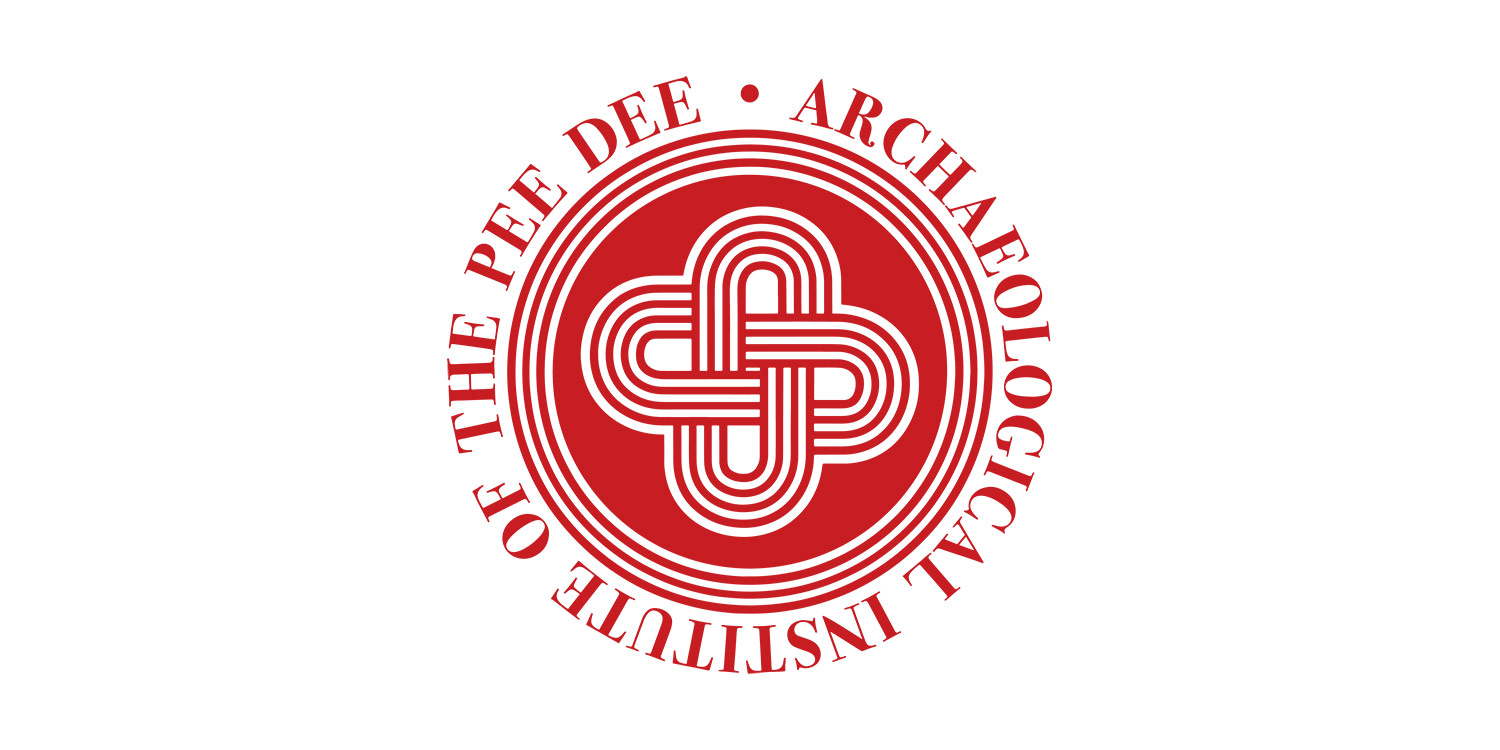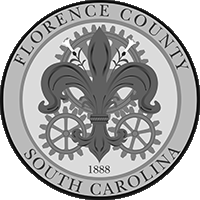Archaeological Institute of the Pee Dee
“The Woodland Period Indigenous Landscape in the Pee Dee Region”
April 28, 2022
Reception: 5:30 PM
Lecture: 6:00 PM
On April 28, 2022, at 6:00 PM, Christopher Judge, Assistant Director Native American Studies Center, University of South Carolina Lancaster, will provide a lecture focusing on the Woodland Period Indigenous Landscape in the Pee Dee. This lecture will be held at the Florence County Museum in partnership with the Archaeological Institute of the Pee Dee.
Wedged between the better known Late Archaic and Mississippian Periods, archaeologists have defined the period from circa 3,000 to 1,000 years ago as the “Woodland Period.” Throughout the eastern US, this was a time of change in the economic, technological and sociopolitical realms of life. Pottery came into widespread use with many different shapes and manners of surface decoration. The bow and arrow arrived replacing the long used spearthrower (aka atlatl) and small-scale gardening of various native plants was added to the hunter/gatherer/fisher subsistence strategy. Mound burial became a feature of the Woodland landscape evidenced by the fact that tobacco pipes and stone tools were often buried with their owners.
In South Carolina, evidence does not exist for widespread mound burial; to date, the few known sites have not been adequately explored. The traces of the past for this period are dominated by pieces of broken clay vessels referred to as sherds by archaeologists and small stemmed and triangular arrow points. A handful of houses have been identified suggesting more substantial construction thought to be related to a more sedentary village lifestyle.
In this lecture Judge will synthesize what is known about the Woodland in South Carolina by first placing it in its regional context and finishing with a highlight of the South Carolina Woodland with examples from the Upper Pee Dee River.
Biographical Sketch: Christopher Judge, Archaeologist, Native American Studies Center, USC Lancaster
Christopher Judge has studied Native Americans in South Carolina for over thirty-five years. The lens that informs his research is anthropological archaeology of precontact cultures. Judge is an Assistant Director of Native American Studies at USC Lancaster and an Instructor of Anthropology. From 1996-2016, along with his colleagues Carl Steen and Sean G. Taylor, Judge conducted a long-term initiative known as the Johannes Kolb Archaeological and Education Project on the Great Pee Dee River in Darlington County. From 2018 to the present, he has worked with Dr. Gail Wagner (USC Anthropology) and Dr. Adam King (USC-SC Institute of Archaeology and Anthropology) on archaeological investigations at Mulberry Mound on the Wateree River, funded by a gift from Duke Energy to the Educational Foundation of USC. Judge has served as the President of the Archaeological Society of South Carolina and the Council of South Carolina Professional Archaeologists (COSCAPA). He is currently the Chair of the Native American Liaison Committee of the COSCAPA and is a member of the COSCAPA Membership Committee. Judge has served several terms on the Society for American Archaeology’s Public Education Committee, he is a member of Native American Advisory Committee, South Carolina Commission for Minority Affairs and a member of the Southeastern Archaeological Conferences’ Native American Liaison Committee. Christopher Judge holds B.A and M.A degrees in Anthropology from University of South Carolina.
The Archaeological Institute of the Pee Dee exists to provide a locally directed, consistently funded, and broadly focused organization dedicated to exploring, interpreting, and protecting the archaeological resources of or relating to the Pee Dee Region of South Carolina.
For more information about this program, please visit, flocomuseum.org/events and through museum social media platforms. The Florence County Museum is located at 111 West Cheves Street, Florence, SC 29501. Hours of operation are Tuesday through Saturday 10:00 AM to 5:00 PM and Sunday from 2:00 to 5:00 PM. Admission is free of charge.








